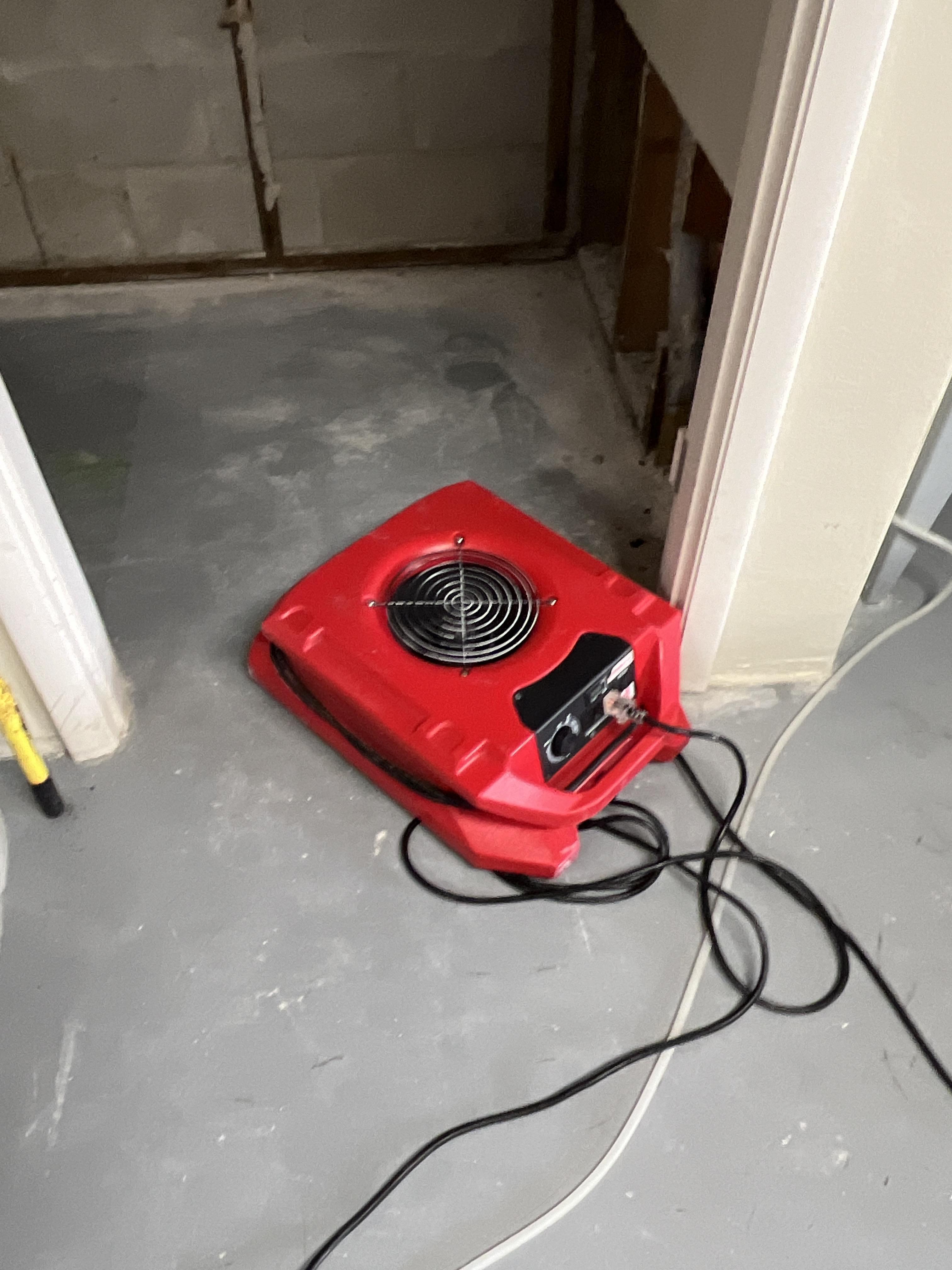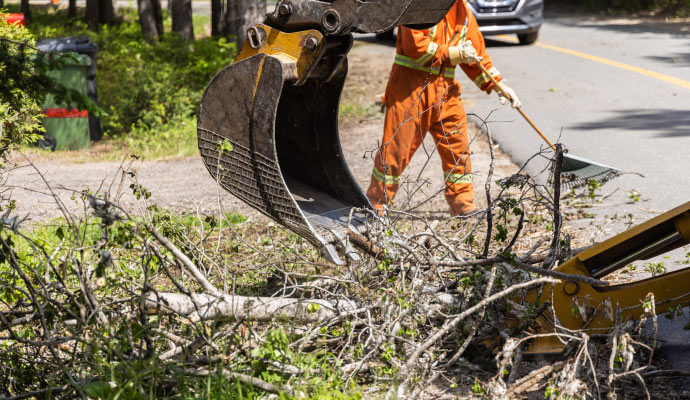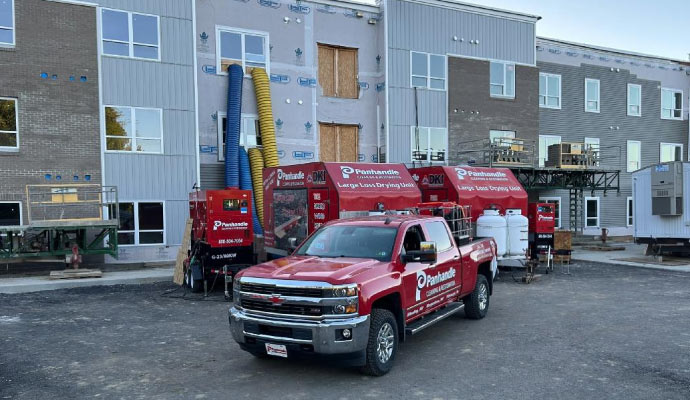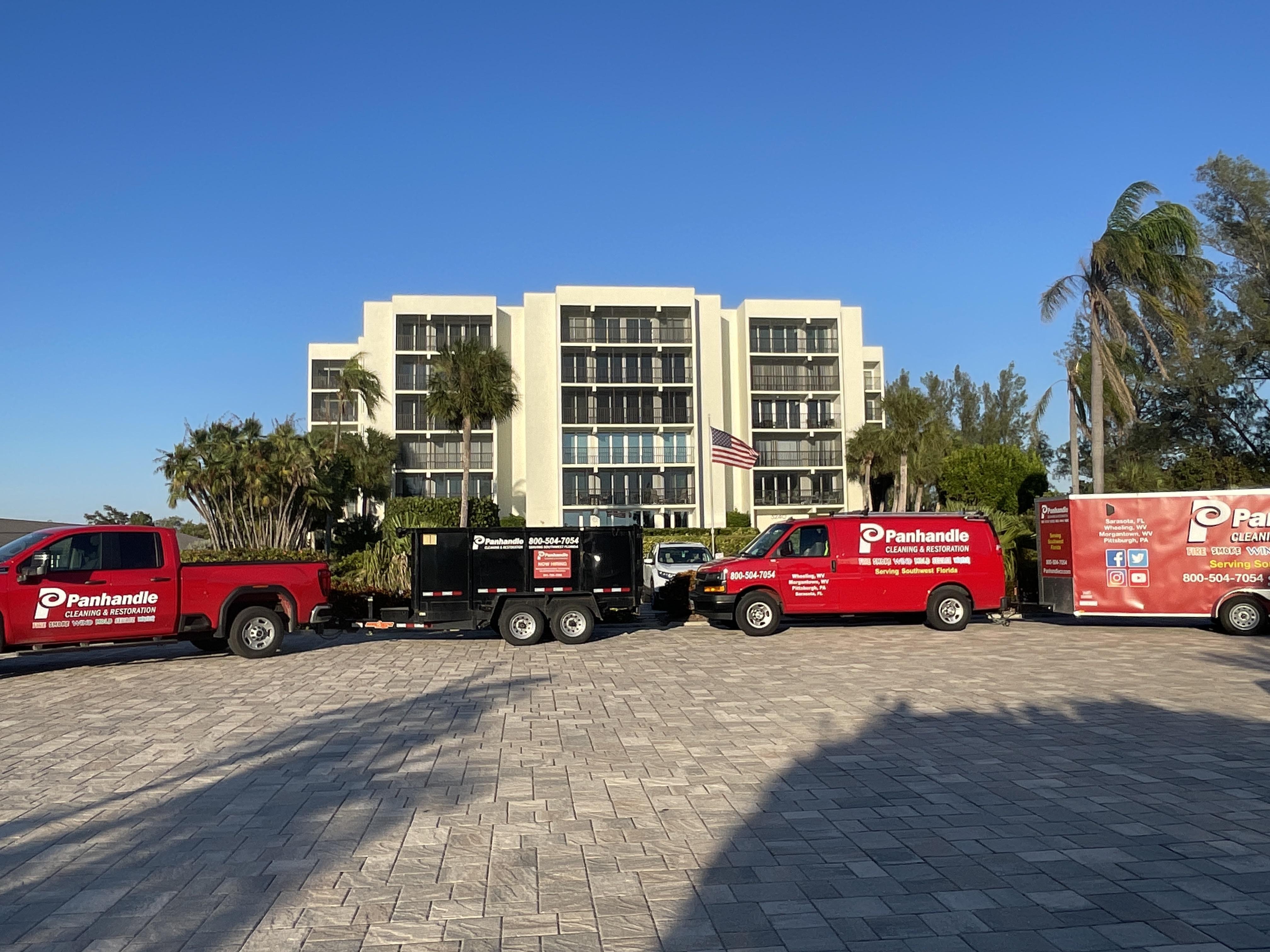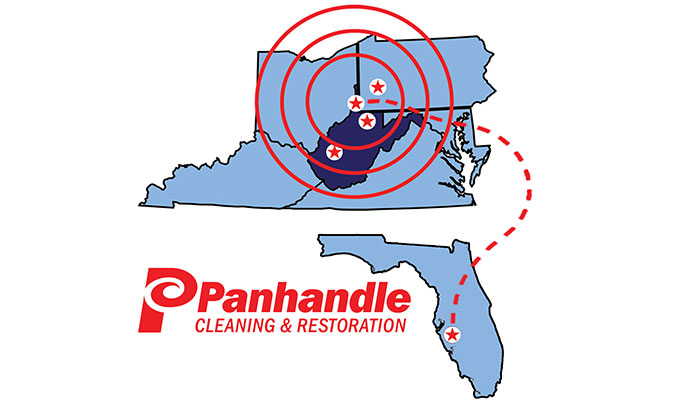Planning for a Winter Power Outage: Alternative Heat Sources
Winter storms can cause widespread power outages which can quickly become more than an inconvenience during freezing temperatures. When power is so important in the winter for heat, having a plan for restoring heat during an outage is critical. Whether you use a fireplace or a generator, reviewing safety protocols for using alternative heating sources and adequately preparing them for use will ensure that you are ready for an outage. Here is a quick breakdown of alternative heat sources and some tips for getting them ready for winter use.
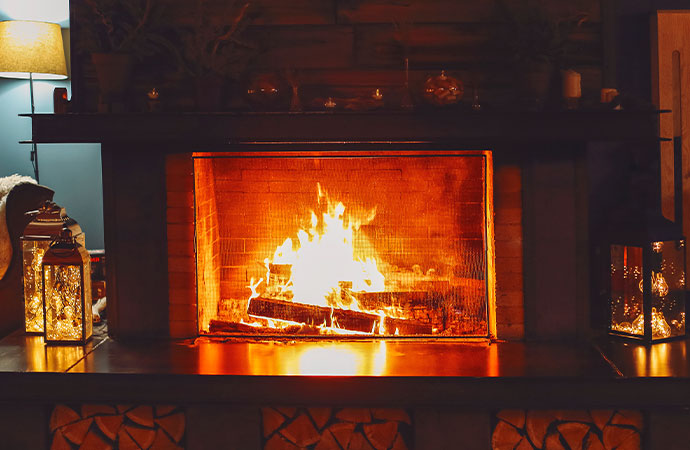
Wood Fireplaces
Wood-burning fireplaces should be regularly cleaned and cleared of any obstructions. Having the chimney professionally cleaned to remove excess creosote is an important part of getting the fireplace primed for use. Excess creosote can lead to chimney fires and cause much more serious problems than a power outage. Always check the fireplace and chimney for debris or animals that may have established themselves. Any combustible materials around the fireplace should be relocated. Before using the fireplace, make sure the damper is open and keep the protective screen closed while in use, as well as the glass doors.
Additionally, use a fireplace grate when burning wood and avoid burning things like charcoal, plastics, newspaper, and garbage. Also, don’t use any liquid accelerant like lighter fluid as the fire could get out of control or ignite creosote buildup in the chimney and cause a chimney fire. Once the fire has burned out, clear out the ashes before the next use. Maintaining a wood fireplace will ensure that you get a safe, reliable fire when you need it. During a power outage this can be invaluable, so make sure it is prepared beforehand.
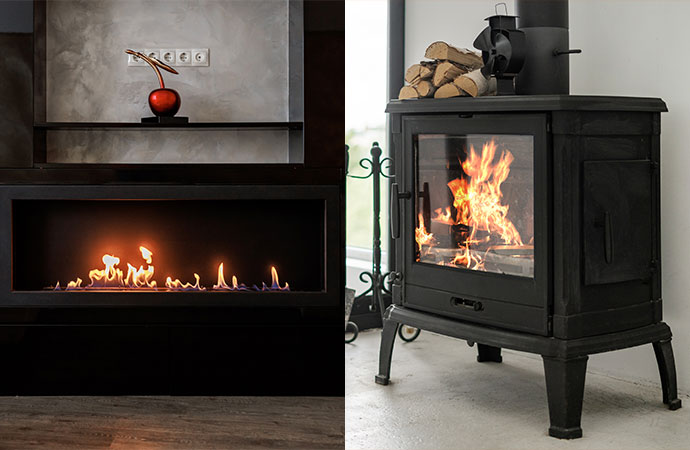
Gas Fireplaces & Wood Stoves
Gas fireplaces are more common in newer home constructions and are a great alternative heat source during a power outage. These fireplaces require minimal maintenance compared with wood-burning fireplaces, but there are still some things you should be aware of. Before use, inspect the fan and air circulation passages to ensure there are no obstructions and that the fan is working properly. Check the vents for obstructions. You will also want to keep the artificial logs clean for regular use, as well as clean the glass. If everything is in working order, gas fireplaces can be a great source of heat during a power outage.
Wood stoves are somewhat less common in many homes, but if you have one it can be a great way to keep warm. Like a wood fireplace, keeping the stove clean and free of debris will ensure that it operates efficiently and safely. As with any source of fire, maintain a good amount of clearance between the stove and anything combustible. Before using the stove, it is a good idea to place a firebrick or layer of sand at the bottom of the firebox in the stove. This will help keep the fire under control.
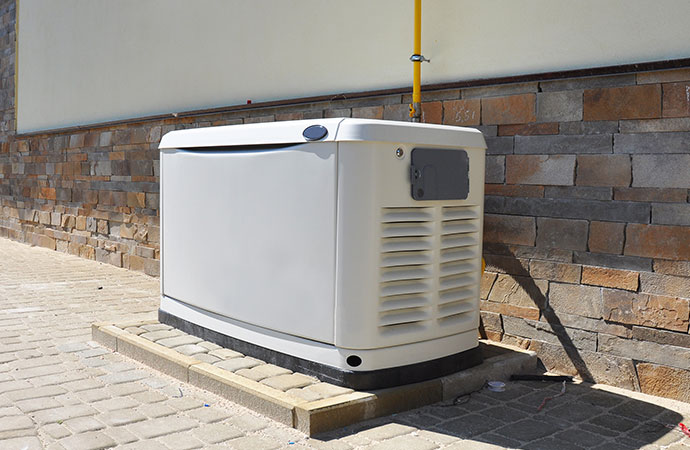
Generators
Portable generators are a popular item to have around the house in the event of an outage. There are also permanent standby generators, but these are much more expensive and are more necessary for businesses with large amounts of appliances and machines. Portable generators, however, can have a short run time and need to be refueled several times during sustained use–such as during a prolonged outage. The biggest benefit of a generator is that they are compatible with some appliances and electrical equipment. If you have critical needs for certain electrical items or just need temporary power for something, generators are essential.
Make sure you understand the load capacity of the generator and buy the properly rated extension cord for the voltage and amps required. You want to avoid excessive heat buildup and cord damage, as an overloaded generator can cause a fire. Make sure you monitor the generator during use and only use it periodically or during emergencies when experiencing an outage. Also, never run generators indoors or near vents or intakes where carbon monoxide could build up. Having a continuous air flow is essential to safe operation. As always, keep fuel well away from the generator at all times.


